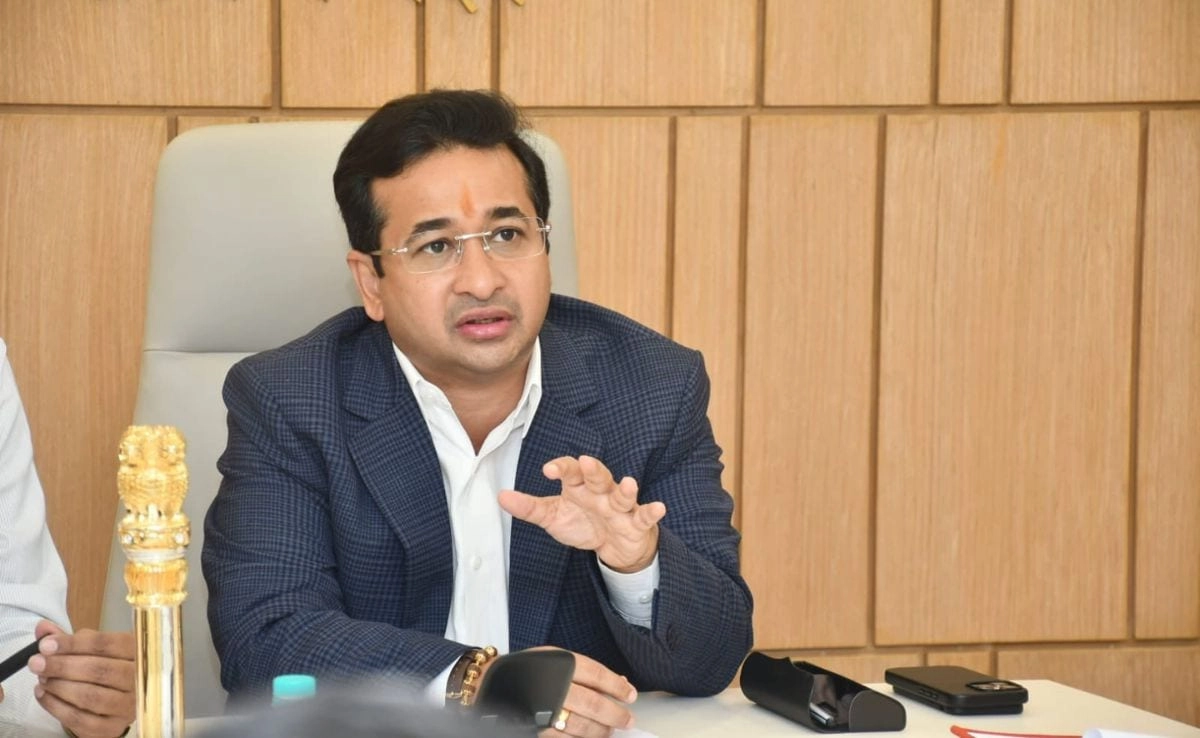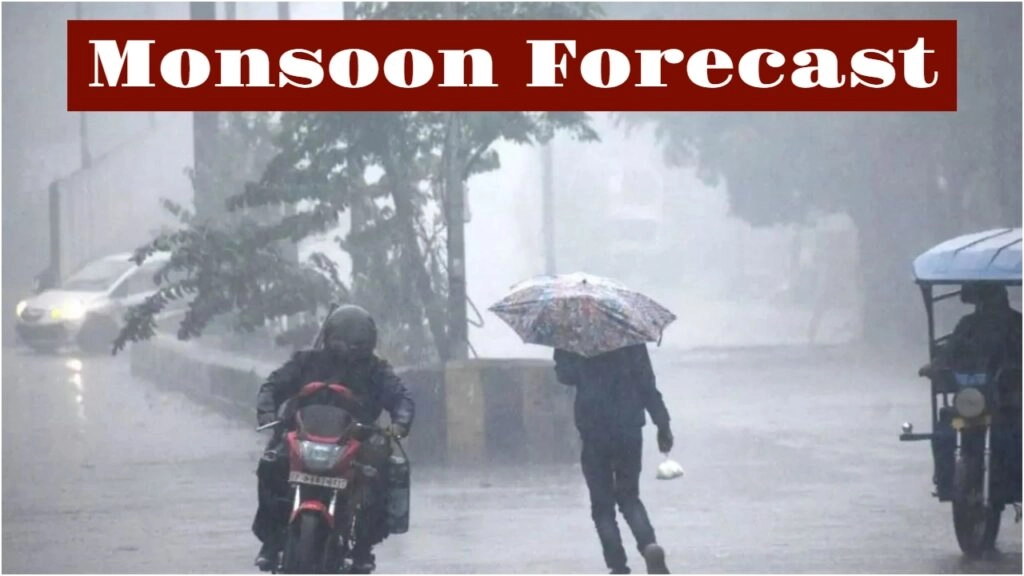In a recent statement that has stirred considerable debate, a Maharashtra minister advised Hindus to “ask their religion” in the wake of a tragic attack in Jammu and Kashmir. This advice comes just days after an incident that claimed the lives of several individuals, highlighting the ongoing tensions and security concerns in the region. The minister’s remarks have sparked discussions about the role of religion in addressing violence and the responsibilities of individuals in the face of communal strife. Critics argue that such statements may inadvertently deepen divisions among communities rather than foster dialogue and understanding.
The context of the minister’s comments is significant, as the attack in Jammu and Kashmir has reignited fears among certain communities about their safety and security. By suggesting that Hindus should turn to their religion for guidance, the minister appears to be advocating for a more introspective approach to dealing with the aftermath of violence. However, this perspective raises questions about the effectiveness of religious teachings in the context of contemporary issues, particularly when they intersect with political and social tensions. Some observers believe that emphasizing religious identity in the face of tragedy might lead to further polarization rather than unity.
Moreover, the timing of the minister’s advice has not gone unnoticed. With communal tensions often running high in various parts of India, the call for Hindus to seek solace in their faith can be interpreted as an appeal to mobilize a particular identity group. This could potentially alienate those who do not identify with that faith, leading to an “us versus them” mentality. As the nation grapples with the complexities of identity and religion, the minister’s remarks could be seen as either a call for solidarity among Hindus or a troubling signal of increasing sectarianism.
As India continues to navigate its diverse cultural landscape, calls for introspection through religious lenses may not provide the comprehensive solutions that many seek. Instead, fostering open dialogue among various communities, promoting understanding, and addressing the root causes of violence may prove more effective in achieving lasting peace. The need for a nuanced approach to communal harmony has never been more urgent, and the minister’s comments, while perhaps well-intentioned, highlight the delicate balance that must be maintained when discussing religion in the context of violence and conflict.




